
This holiday season, many people will be enjoying one long celebration of feasting, socializing and gift-sharing that encompasses Christmas and New Year’s. This is not surprising, as the two days are only one week apart. But there is an even stronger link, since the event we remember at Christmas has come to be the reference point for the reckoning of time for most parts of the world. When we speak of the coming year 2022 A.D. we mean two thousand and twenty-two years “anno domini”, Latin for “in the year of the Lord”. In other words, we mean two thousand and twenty-two years (or thereabouts) from the birth of Jesus Christ, the event Christians commemorate at Christmas.
A miraculous event
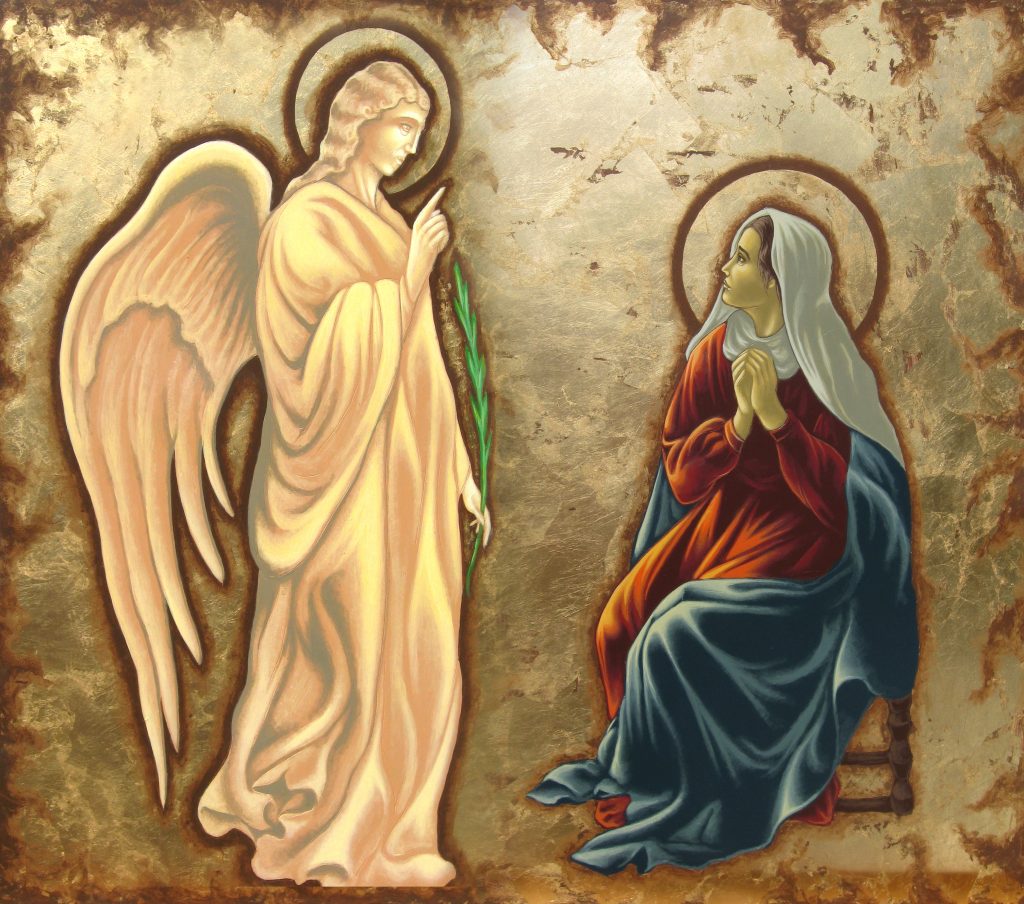
One of the remarkable things about that great event is its miraculous nature. The Bible records some earlier instances of children being born through a divine miracle. For example, the nation of Israel began miraculously, through God’s promise of a child to the elderly Abraham and Sarah. This promise was finally fulfilled, when Abraham was a hundred years old and Sarah was ninety, with the birth of their son Isaac. Isaac was the father of Jacob, whose name God changed to Israel. Again, with the birth of John the Baptist, God caused the supposedly barren Elizabeth to conceive in her old age.
But with the birth of Christ, God goes much further. He brings a child into the world not merely through a barren or over-age woman, but through a virgin, without the intervention of any man. This miracle is a great sign of the hand of God at work, and the Bible makes it clear that this is exactly what God intended. Writing some seven hundred years earlier, the prophet Isaiah declares “Therefore the Lord himself will give you a sign: The virgin will conceive and give birth to a son, and will call him Immanuel” (Isa 7:14 NIV). The Hebrew word Immanuel simply means “God with us”, which suggests something divine about this child.
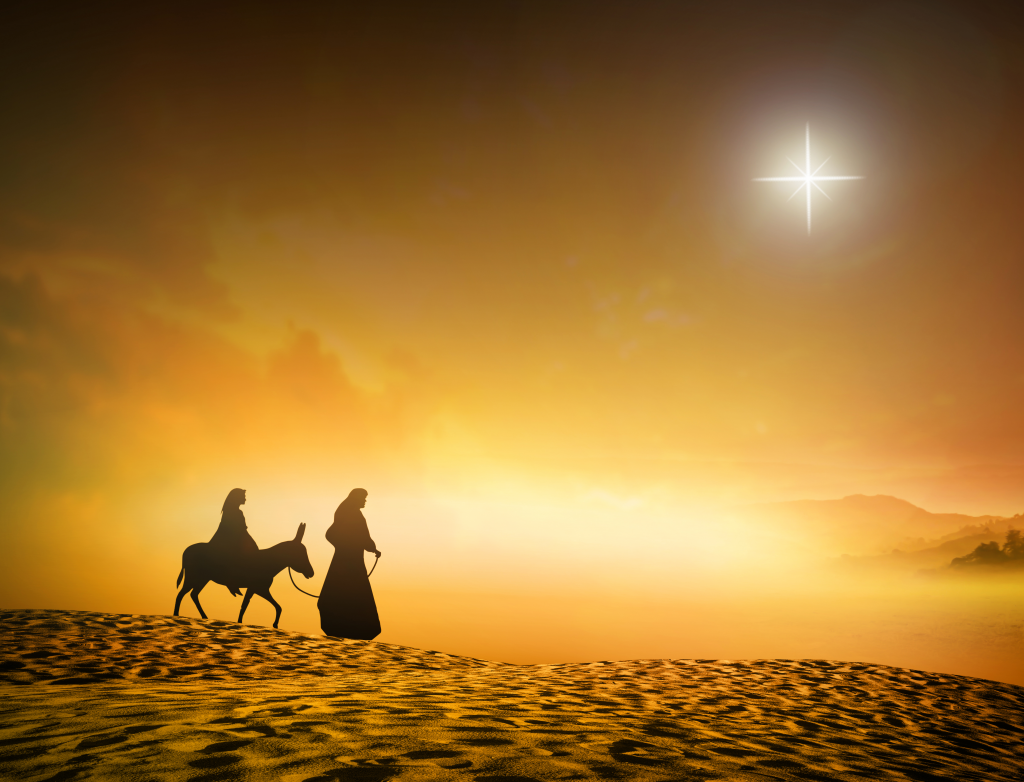
A divine child
This suggestion is amplified in Isaiah 9:6-7 where we read, “For to us a child is born, to us a son is given, and the government will be on his shoulders. And he will be called Wonderful Counselor, Mighty God, Everlasting Father, Prince of Peace. Of the greatness of his government and peace there will be no end. He will reign on David’s throne and over his kingdom, establishing and upholding it with justice and righteousness from that time on and forever….”
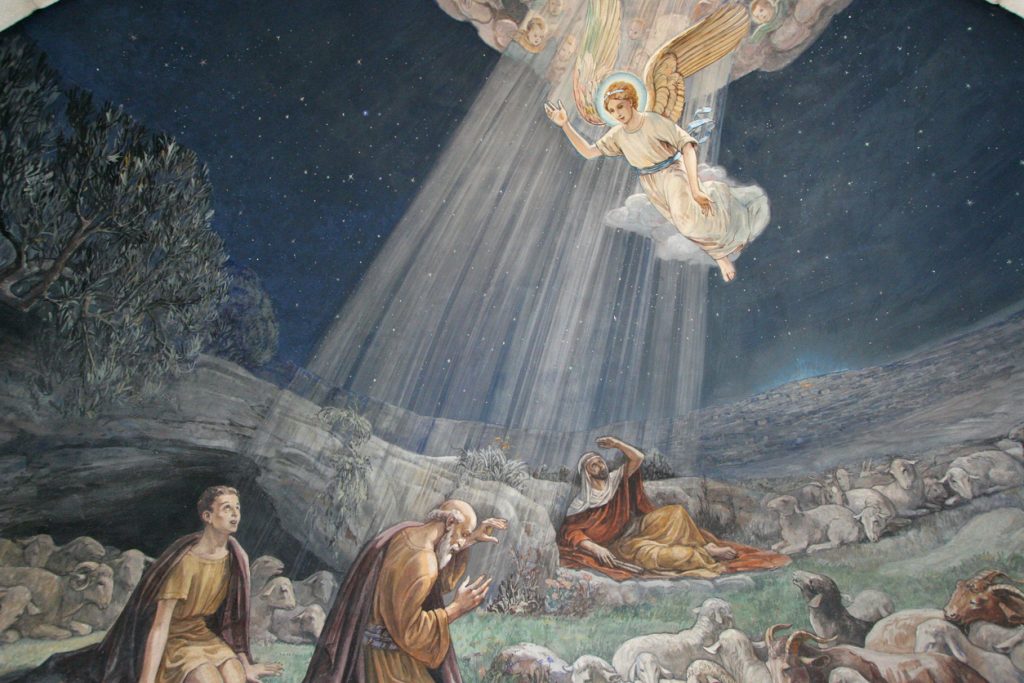
The prophet Isaiah must have known, more than most other people, that God is a jealous God who has strictly enjoined his people not to have any other god beside him (Exod 20:1-5), or to take his name in vain (20:7). Isaiah himself quotes God as saying “I am the LORD; that is my name! I will not yield my glory to another…” (Isa 42:8). And yet this same prophet hears God giving his glory and his name to a man – no, a child – investing him with titles exclusive to God, such as “Immanuel – God with us”, “Mighty God”, and “Everlasting Father”. Moreover, according to Isaiah 9:7, this future king was going to reign forever, something that no mere human being can do.
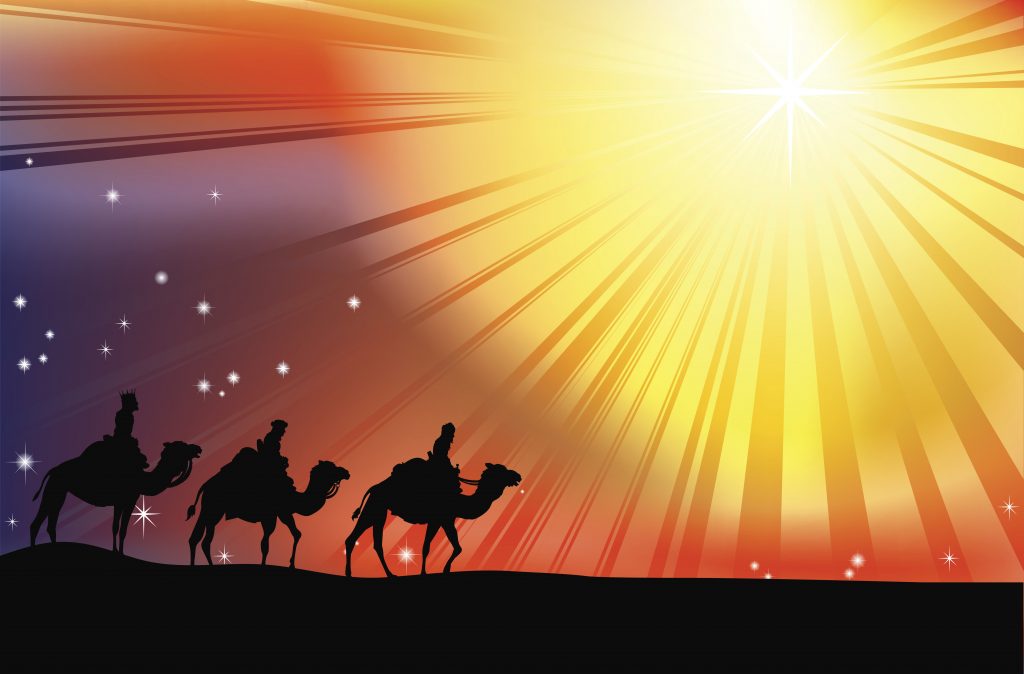
The Son of God
The only way to resolve this apparent contradiction is to conclude that this child who was going to be born without a human father must have the very nature of God.
This is confirmed in the gospel of Luke when the angel Gabriel appears to Mary and tells her that she will conceive and bear a son and call his name Jesus, which means “God saves”. “He will be great, and will be called the Son of the Most High…. and he will reign over Jacob’s descendants forever; his kingdom will never end” (Luke 1:26-33). When Mary points out that she is a virgin, the angel Gabriel explains “The Holy Spirit will come on you, and the power of the Most High will overshadow you. So the holy one to be born will be called the Son of God” (Luke 1:34-35).
Evidently, both the Old and the New Testament affirm that the child born in a manger in Bethlehem some 2000 years ago was no less than the Son of God. No wonder that momentous event has split time into B.C. (before Christ) and A.D. (anno domini, in the year of the Lord).
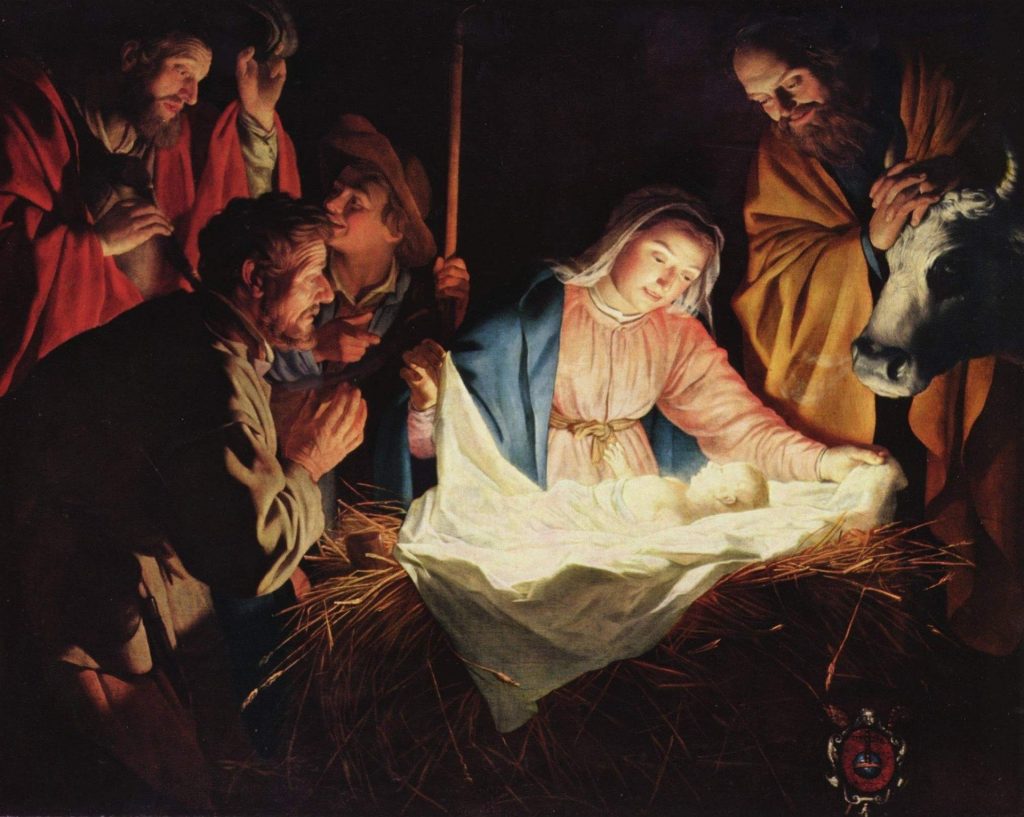
God’s “Christmas gift” for a Happy New Year
But momentous as the birth of Christ into the world may have been, it was only the necessary beginning of the mission he came to accomplish. Paul summarizes that mission this way “Christ Jesus came into the world to save sinners…” (1 Tim 1:15). Jesus lived a perfectly sinless life and bore the punishment for our sins so that we could come back into God’s favour. “Christ died for our sins according to the Scriptures,… he was buried,… he was raised on the third day, according to the Scriptures…” (1 Cor 15:3-4).
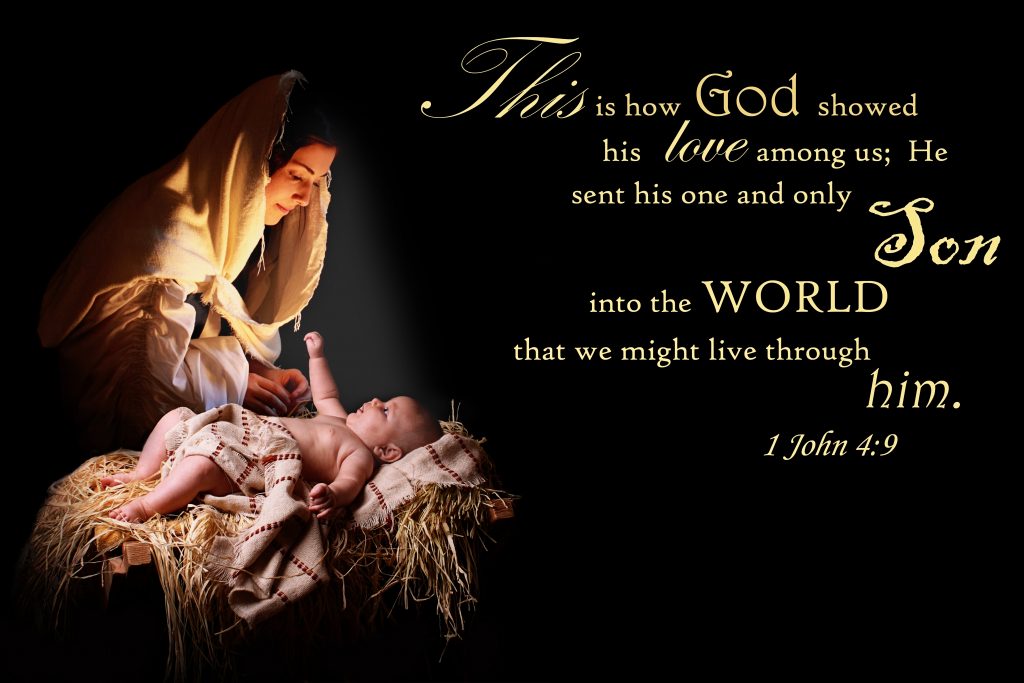
And now, through the power of his Spirit, he offers the free gift of eternal life to all who will receive him into their hearts by faith. “And this is the testimony: God has given us eternal life, and this life is in his Son. Whoever has the Son has life; whoever does not have the Son of God does not have life” (1 John 5:11-12). “The gift of God is eternal life in Christ Jesus our Lord” (Rom 6:23).
A truly blessed holiday season begins with receiving God’s “Christmas gift”, his Son Jesus Christ, and trusting him as your Lord and Savior. May you have a truly Blessed Christmas and a Happy New Year!


A lovely and timely reflection on the momentous event of Christ’s birth and His entry into human history becoming Emmanuel, God with us, the One who saves. A Merry Christmas and a very Happy New Year to you also.
Marjorie W.
Thank you.